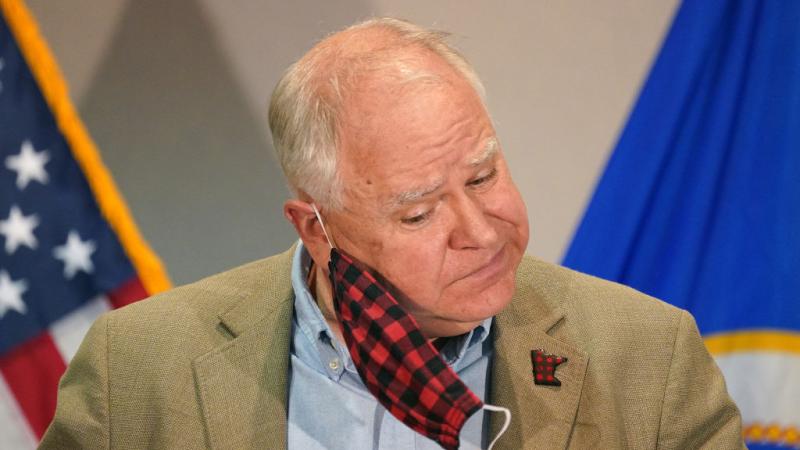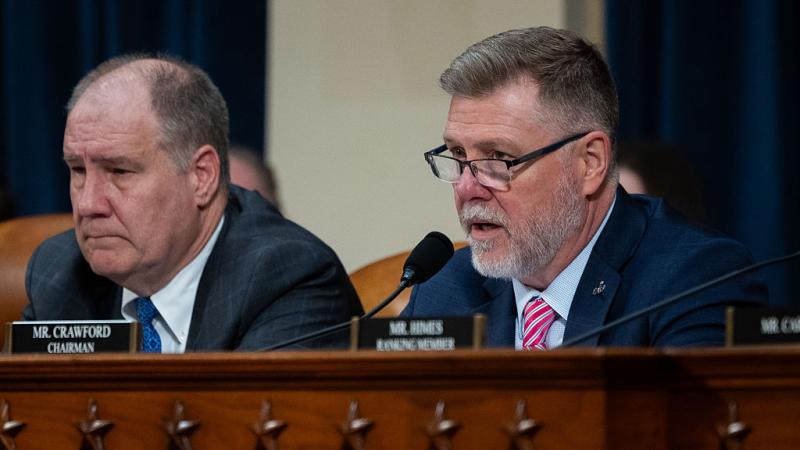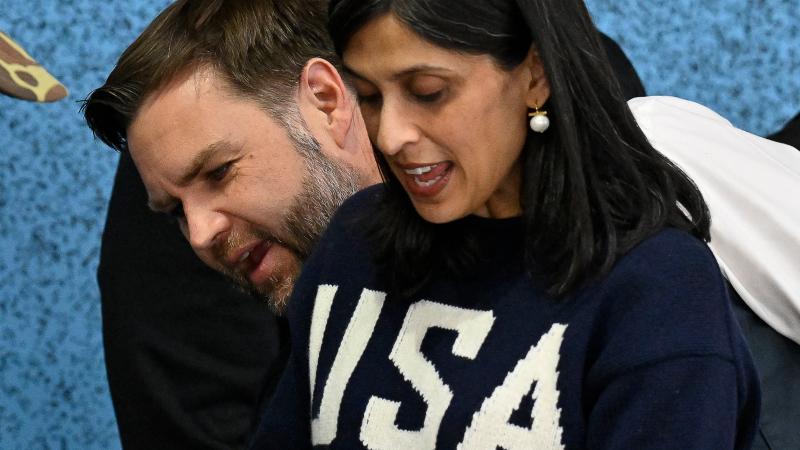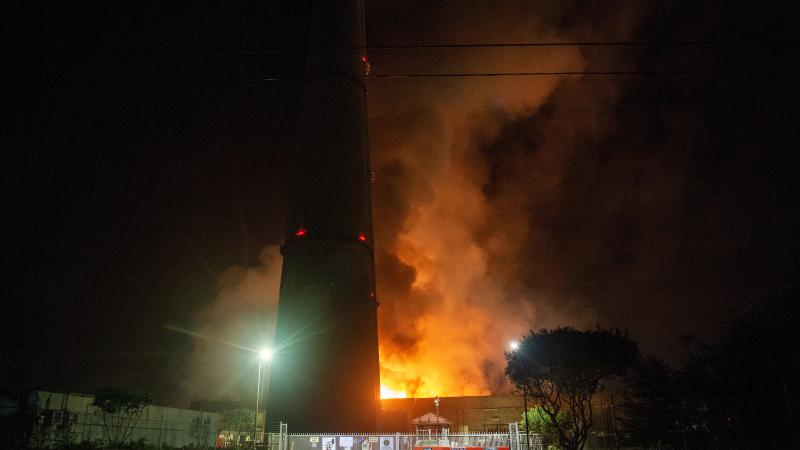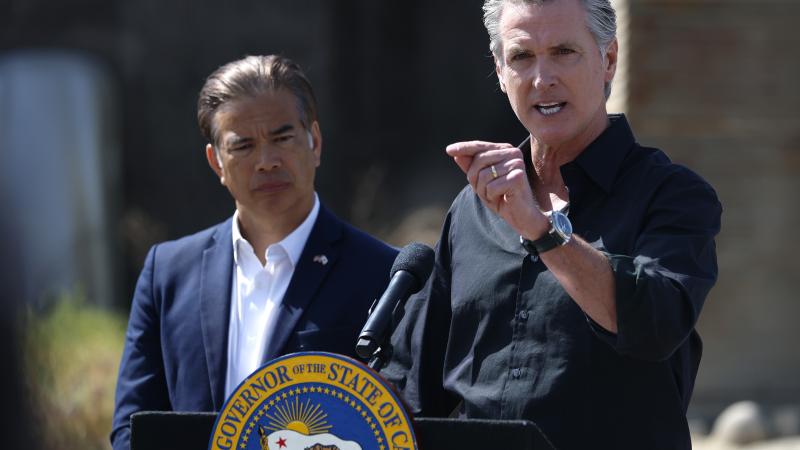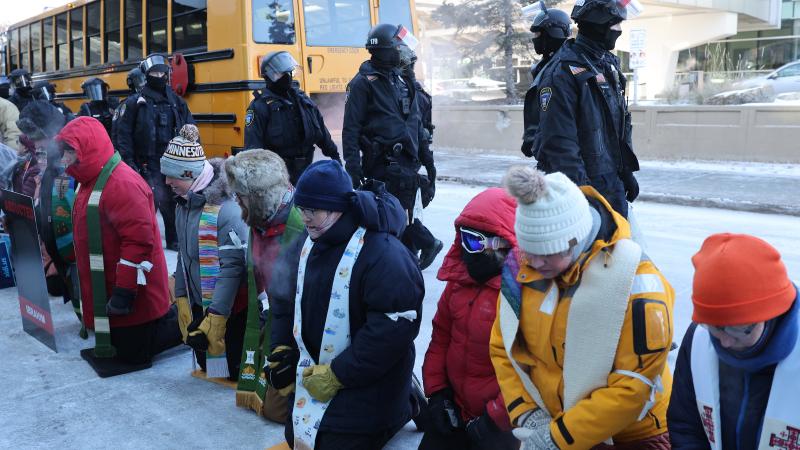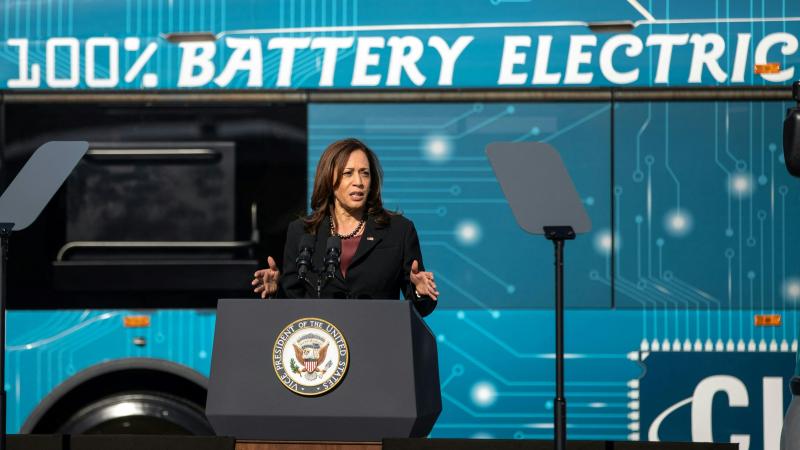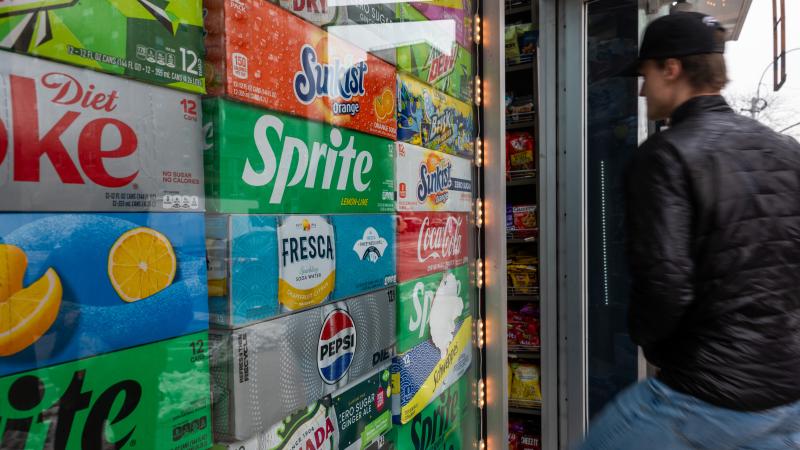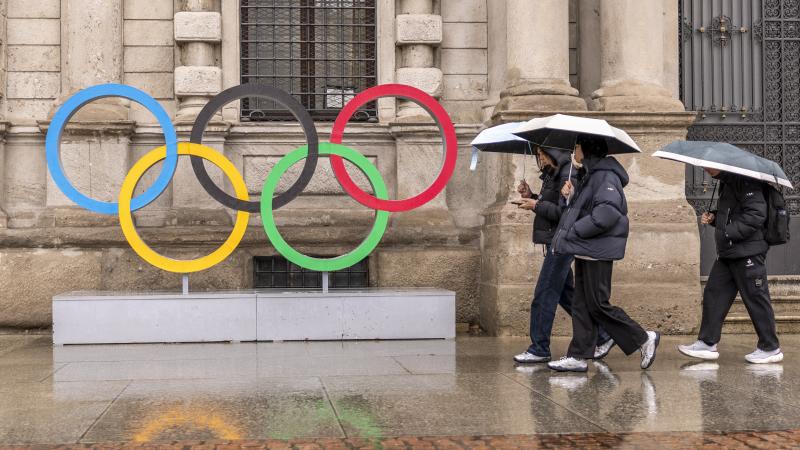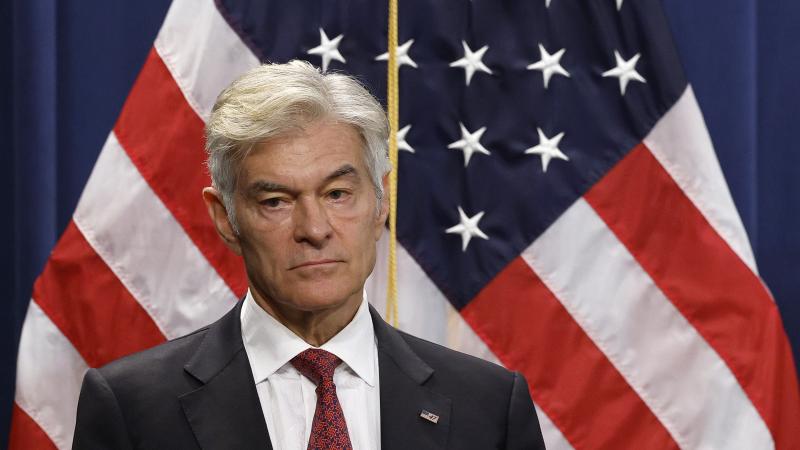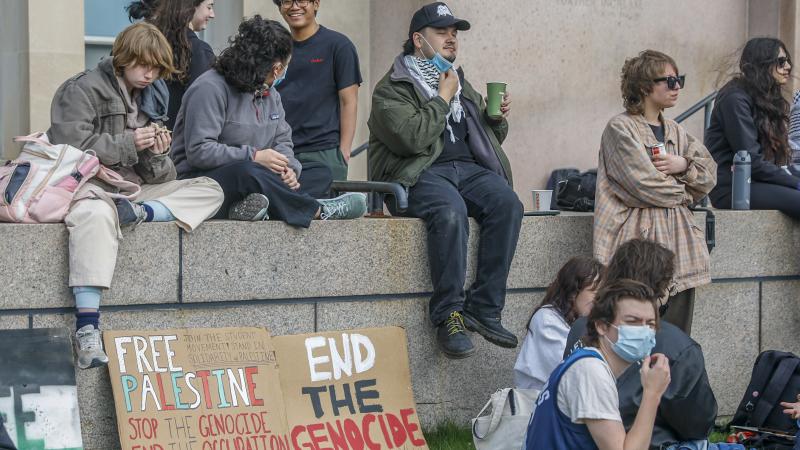No shame: Fraudsters increasingly try to rip off the VA 75 years after WWII
From COVID-19 to kickbacks, VA investigators and the DOJ are cracking down on fraud.
A Georgia man was recently indicted for attempting to sell millions of non-existent respirator masks for COVID-19. In New Jersey, a vendor was charged with billing for genetic cancer screenings that were unnecessary. A Massachusetts spinal device company was accused of paying kickbacks to surgeons to use its equipment.
These cases earlier this year, and dozens other like them over the last year, all have one thing in common: they targeted the Department of Veterans Affairs for fraud.
As Americans on Monday celebrate a Memorial Day commemorating the 75th anniversary of the end of World War II, a review of VA inspector general’s files find that con men, fraudsters and criminals are frequently trying to steal from the medical system set up to treat war heroes.
In the six months that ended in September, the last for which there are statistics, criminal investigators for the VA made 131 arrests, secured 86 convictions and targeted cases that involved more than $249 million in benefits. And a rash for new cases have broken since then.
With recent laws allowing veterans to use their VA benefits to get health care in the private sector, the VA inspector general has teamed up with the Justice Department watchdog for more aggressive enforcements.
“There is the potential for veterans to get more care in the community, and we thought it was important to really formalize a greater relationship with the Department of Justice to really focus on health care fraud out there to serve as a deterrent and to make sure that veterans are getting the health care services they so richly deserve,” Inspector General Michael Missal announced recently.
The teamwork has already exposed just how widespread efforts are to defraud the VA and its annual $220 billion budget.
Among recent cases that were closed:
- The former chief of podiatry at the Sacramento, Calif., VA Medical Center and a prosthetics vendor were found guilty last year of healthcare fraud and conspiracy in connection with a seven-year scheme to bill VA for custom prescription footwear containing carbon graphite plates that were not provided. Veterans, instead, got inferior footwear, officials said.
- In Massachusetts, a VA employee has agreed to plead guilty to embezzling nearly $70,000 in VA funds by using his government charge card to route money to his personal account.
- A biopharmaceutical company based in Marietta, Georgia that manufactures and sells human tissue grafts agreed to pay $6.5 million to resolve allegations it violated the False Claims Act by knowingly submitting false commercial pricing disclosures to the VA.
- A VA employee was sentenced in February in Colorado for agreeing to take bribes offered by two co-defendants to help them manipulate the process for bidding on federal contracts with the VA.
- Sterling Medical Associates Inc. agreed in March to pay $1.85 million to resolve allegations under the False Claims Act that it failed to schedule veterans’ medical appointments timely at two outpatient clinics in Minnesota, resulting in the submission of false claims to the VA.
During the pandemic, the DOJ and the VA have made arrests exposing some audacious new fraud schemes, including:
- Christopher Parris, 39, of Atlanta, was charged last month in federal court in the Washington DC with fraud for allegedly attempting to sell millions of nonexistent respirator masks to the VA in exchange for large upfront payments.
- In March, the U.S. Attorney in Boston sued SpineFrontier, based in Malden, Mass., alleging it conspired to pay kickbacks in the form of sham consulting fees via a sham third-party to induce VA surgeons to use SpineFrontier’s devices in spinal surgeries.
- In New Jersey, Erik Santos, 49, of Braselton, Georgia, was charged in late March with one count of conspiring to violate the Anti-Kickback Statute and one count of conspiring to commit health care fraud for allegedly offering kickbacks in exchange for medically unnecessary tests – including potentially hard-to-obtain COVID-19 tests.
Santos’ arrest drew an especially harsh rebuke from the FBI supervisor in Newark who worked the case.
“It is unfortunate that we have people in our country who will capitalize on others' suffering to make a buck,” Special Agent-in-Charge Gregory W. Ehrie said. “But this case takes things to a new low. This defendant not only allegedly defrauded the government, he conspired to bilk his fellow citizens of a valuable resource that's in high demand. His profiteering is akin to receiving blood money.”
As the effort to combat VA fraud ramps up, the department's inspector general is seeking legislative authority from Congress to compel testimony from employees who leave the agency before or during investigations, a gap in its current authority that is hindering some investigation.
In recent testimony to Congress, an OIG executive testified how a former VA employee escaped punishment because investigators couldn’t compel testimony about his efforts to use his inside knowledge of VA to help contractors win contracts.
“Had the OIG been able to compel the former employee’s testimony, evidence may have been developed sufficient to support a criminal referral or to recommend administrative action to the Department,” Christopher A. Wilber, the counselor to the OIG, testified in March to a House subcommittee.
The Facts Inside Our Reporter's Notebook
Links
- investigators for the VA made 131 arrests
- agreed to plead guilty to embezzling
- agreed to pay $6.5 million to resolve allegations
- sentenced in February in Colorado for agreeing to take bribes
- pay $1.85 million to resolve allegations under the False Claims Act
- attempting to sell millions of nonexistent respirator masks to the VA
- sued SpineFrontier, based in Malden, Mass., alleging it conspired to pay kickbacks
- allegedly offering kickbacks in exchange for medically unnecessary tests


